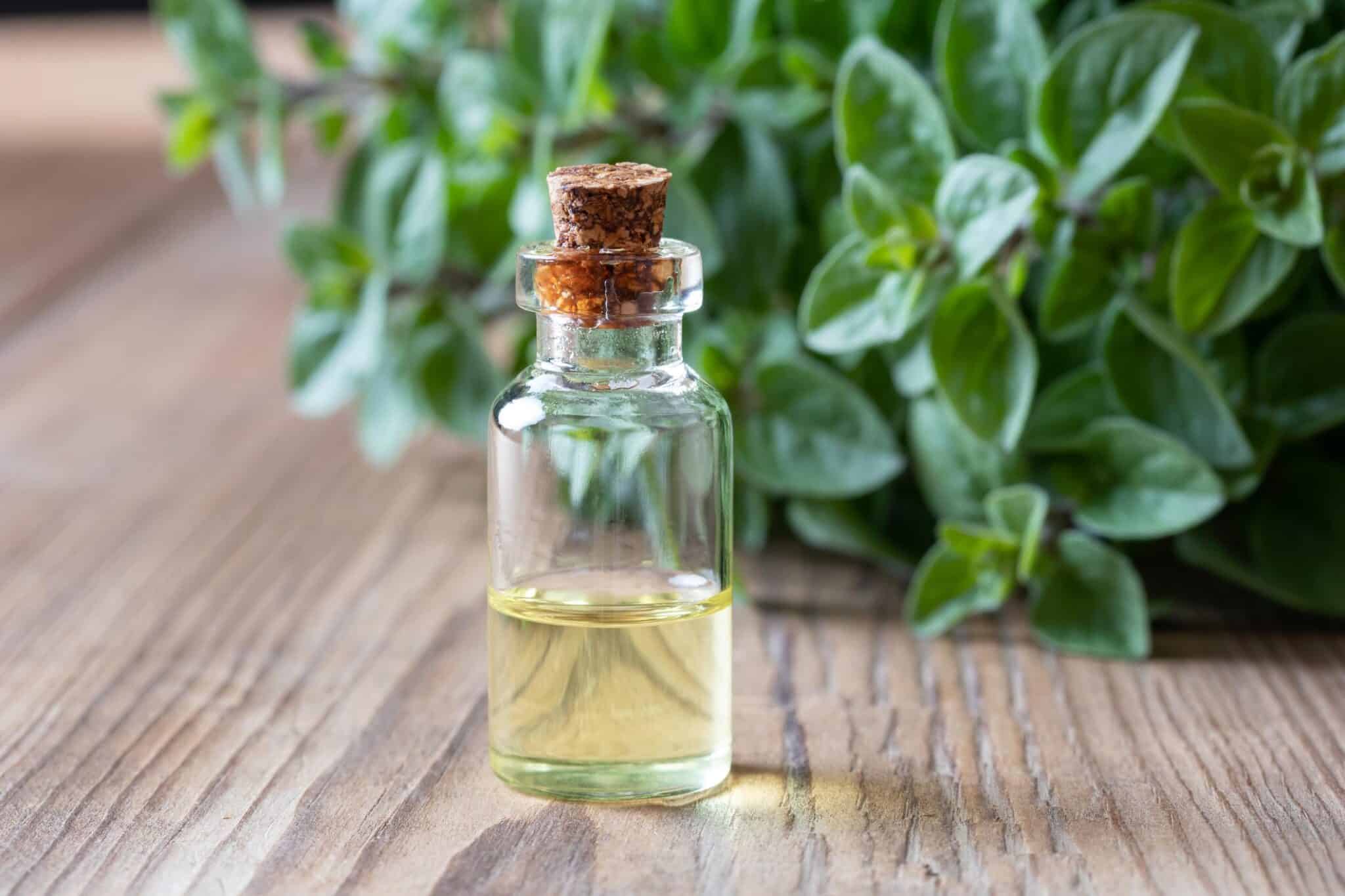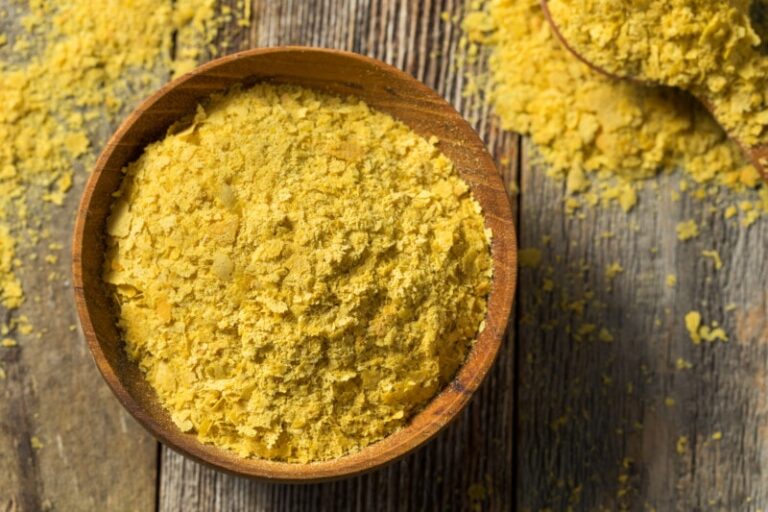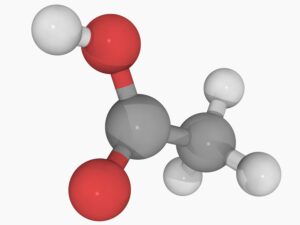Oregano oil, extracted from the leaves of the oregano plant (Origanum vulgare), has been cherished for centuries not just for its culinary uses but also for its impressive health benefits. This potent oil is packed with antioxidants, anti-inflammatory properties, and antimicrobial effects, making it a popular choice in natural medicine. In this article, we will explore the many aspects of oregano oil, from its history and extraction methods to its health benefits, uses, and potential side effects.
What is Oregano Oil?
Oregano oil is an essential oil obtained from the leaves and flowering tops of the oregano plant. This plant is part of the mint family and is native to Europe, although it can now be found in many parts of the world. The oil is highly concentrated, containing powerful compounds such as carvacrol, thymol, and rosmarinic acid, which contribute to its unique aroma and health-promoting properties.
Historical Use of Oregano Oil
Oregano has a long history of use in traditional medicine. Ancient Greeks and Romans used it for various ailments, including digestive issues and respiratory problems. Oregano was also used in ancient times as a symbol of joy and happiness, often included in wedding ceremonies and celebrations. Over the years, oregano oil has maintained its status as a versatile remedy, with modern science increasingly validating its historical uses.
How Oregano Oil is Extracted
Oregano oil is primarily extracted through steam distillation or cold pressing.
Steam Distillation
This method involves passing steam through the oregano leaves, which releases the essential oil. The steam carries the oil vapor to a condenser, where it cools and turns back into liquid. The oil separates from the water and is collected. This method preserves the oil’s potency and quality.
Cold Pressing
Though less common for oregano oil, cold pressing is another method where the oil is extracted mechanically without heat. This technique is more commonly used for citrus oils but can also be applied to other plants.
Purity and Quality
When purchasing oregano oil, it’s essential to choose high-quality, pure oil to ensure you receive its full benefits. Look for oils that are labeled as “100% pure” and check for certifications or third-party testing to confirm quality.
The Nutritional Profile of Oregano Oil
Oregano oil is rich in several beneficial compounds, including:
- Carvacrol: This is the primary active ingredient in oregano oil and is known for its antimicrobial properties. It can help fight bacteria, viruses, and fungi.
- Thymol: Another potent compound found in oregano oil, thymol has antiseptic properties and can promote overall health.
- Rosmarinic Acid: This compound is known for its anti-inflammatory and antioxidant properties, making it beneficial for combating oxidative stress.
- Vitamins and Minerals: Oregano oil contains small amounts of vitamins A, C, E, and K, along with minerals such as calcium, magnesium, and iron.
Health Benefits of Oregano Oil
Oregano oil boasts a wide range of health benefits, which we will explore in detail.
1. Antimicrobial Properties
One of the most significant benefits of oregano oil is its ability to fight infections. Studies have shown that oregano oil can effectively combat various bacteria, viruses, and fungi.
Fighting Bacterial Infections
Research has demonstrated that oregano oil is effective against bacteria such as E. coli and Salmonella. Its active compounds can disrupt bacterial cell membranes, inhibiting their growth and reproduction. This makes oregano oil a valuable natural remedy for preventing and treating infections.
Antifungal Effects
Oregano oil has also shown promise in treating fungal infections, including candida overgrowth. Its antifungal properties can help restore balance to the body, especially for those suffering from yeast infections.
2. Anti-Inflammatory Benefits
Chronic inflammation is linked to various health issues, including heart disease, arthritis, and autoimmune disorders. Oregano oil contains powerful anti-inflammatory compounds that can help reduce inflammation in the body.
Reducing Pain and Swelling
Topical application of oregano oil diluted with a carrier oil may help relieve pain and swelling associated with conditions like arthritis. The anti-inflammatory properties can soothe sore muscles and joints.
3. Antioxidant Properties
Oregano oil is rich in antioxidants, which help protect the body from oxidative stress caused by free radicals. Antioxidants play a crucial role in maintaining overall health and may help reduce the risk of chronic diseases.
Supporting Immune Function
The antioxidant properties of oregano oil can boost the immune system, helping the body defend itself against illness and disease. A strong immune system is essential for overall well-being.
4. Respiratory Health
Oregano oil has been traditionally used to alleviate respiratory issues such as coughs, colds, and bronchitis.
Easing Coughs and Congestion
Inhalation of oregano oil may help open up airways and reduce congestion. Its antimicrobial properties can also help fight respiratory infections, making it a useful remedy for colds and flu.
5. Digestive Health
Oregano oil may aid in digestion and alleviate gastrointestinal issues.
Reducing Bloating and Gas
The oil can help stimulate the production of digestive enzymes, which may improve digestion and reduce symptoms of bloating and gas.
Antimicrobial Effects in the Gut
Oregano oil can help balance gut flora by eliminating harmful bacteria while supporting the growth of beneficial bacteria. This balance is crucial for overall digestive health.
6. Skin Health
Oregano oil is often used in skincare due to its antimicrobial and anti-inflammatory properties.
Treating Acne
Oregano oil can help reduce acne breakouts by targeting the bacteria responsible for acne formation. It may also help soothe inflammation and redness associated with acne.
Wound Healing
The oil’s antiseptic properties make it beneficial for treating minor cuts and wounds. It can help prevent infection and promote healing.
7. Antiparasitic Effects
Oregano oil has been studied for its effectiveness against various parasites, including intestinal worms. Its compounds can disrupt the life cycle of these parasites, making it a natural option for those seeking alternative treatments.
8. Potential Anti-Cancer Properties
While more research is needed, some studies suggest that oregano oil may have anti-cancer properties. The compounds in oregano oil have been shown to inhibit the growth of cancer cells in laboratory settings.
How to Use Oregano Oil
Oregano oil can be used in various ways, depending on the intended benefit. Here are some common methods of use:
1. Aromatherapy
Oregano oil can be used in a diffuser to promote respiratory health and relaxation. The aroma can also help boost mood and alleviate stress.
2. Topical Application
When using oregano oil topically, it’s essential to dilute it with a carrier oil (such as coconut or jojoba oil) to prevent skin irritation. This diluted oil can be applied to the skin to treat acne, inflammation, or minor wounds.
3. Ingestion
Oregano oil can be taken orally in capsule form or diluted in water. However, it’s essential to consult a healthcare professional before ingesting oregano oil, as it is highly concentrated and may cause gastrointestinal irritation in some individuals.
4. Culinary Uses
Oregano oil can be used in cooking to enhance the flavor of various dishes. It can be added to marinades, dressings, or sauces. However, due to its potency, only a few drops are needed to achieve the desired flavor.
Potential Side Effects and Precautions
While oregano oil is generally considered safe when used appropriately, there are some potential side effects and precautions to keep in mind:
1. Skin Irritation
Undiluted oregano oil can cause skin irritation for some individuals. Always dilute the oil with a carrier oil before applying it to the skin.
2. Gastrointestinal Issues
Ingesting large amounts of oregano oil may lead to gastrointestinal upset, including nausea, vomiting, or diarrhea. It’s best to start with small doses and consult a healthcare professional if you have concerns.
3. Allergic Reactions
Some people may be allergic to oregano or oregano oil. If you experience symptoms such as rash, itching, or swelling after using the oil, discontinue use and seek medical attention.
4. Interactions with Medications
Oregano oil may interact with certain medications, including blood thinners and medications for diabetes. If you are taking any medications, consult with a healthcare professional before using oregano oil.
Conclusion
Oregano oil is a remarkable natural remedy with a wide range of health benefits. From its antimicrobial properties to its ability to reduce inflammation and support digestion, this essential oil has much to offer. Whether you choose to use it for culinary purposes or as a natural remedy, oregano oil can be a valuable addition to your wellness routine. Always remember to use it safely and consult with a healthcare professional if you have any concerns. Embracing the power of oregano oil may enhance your health and well-being, bringing a touch of nature’s goodness into your life.
By understanding the various uses and benefits of oregano oil, you can make informed choices about incorporating this powerful essential oil into your daily life. With its rich history and promising potential, oregano oil is undoubtedly a gem in the world of natural remedies.













